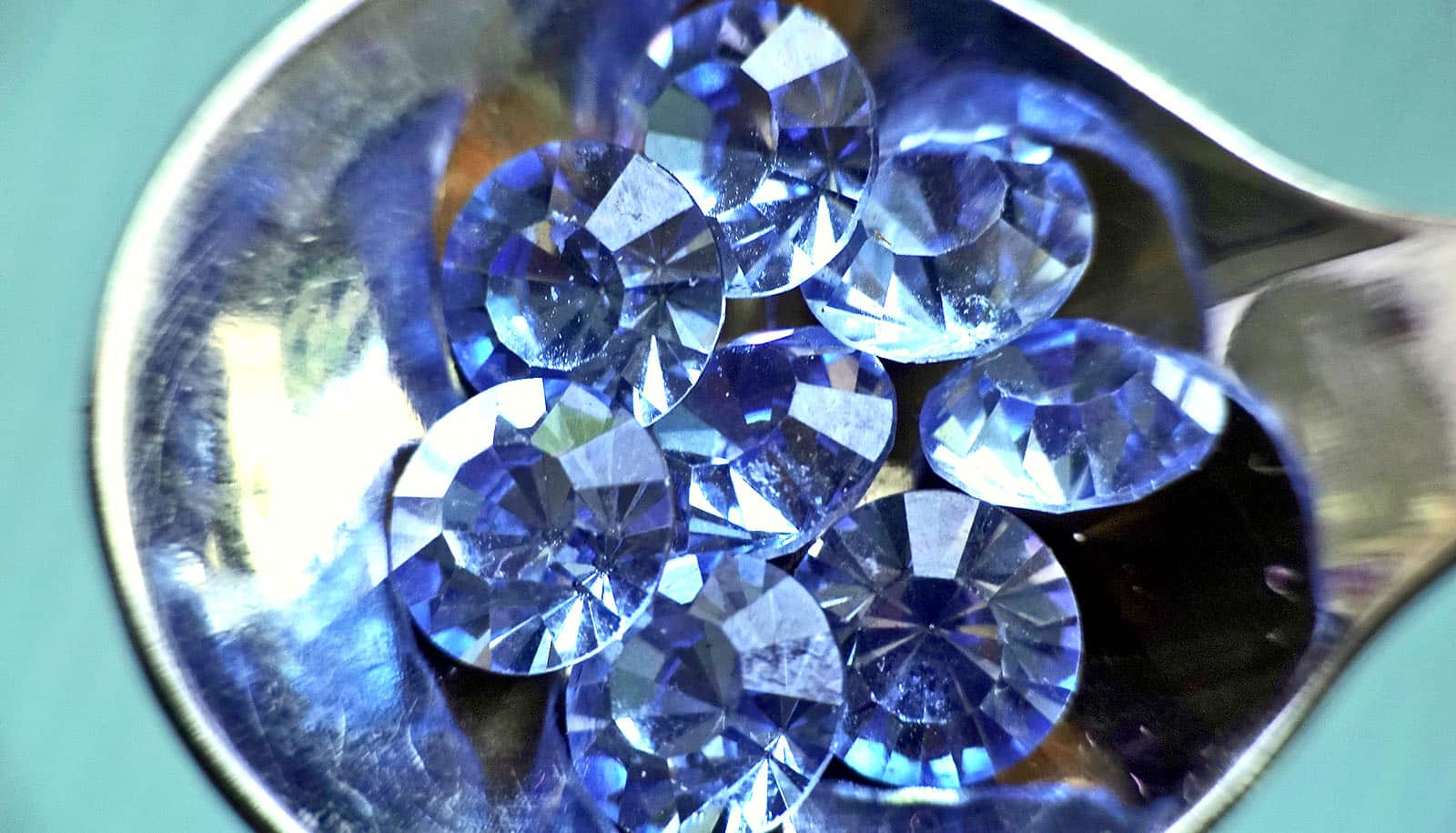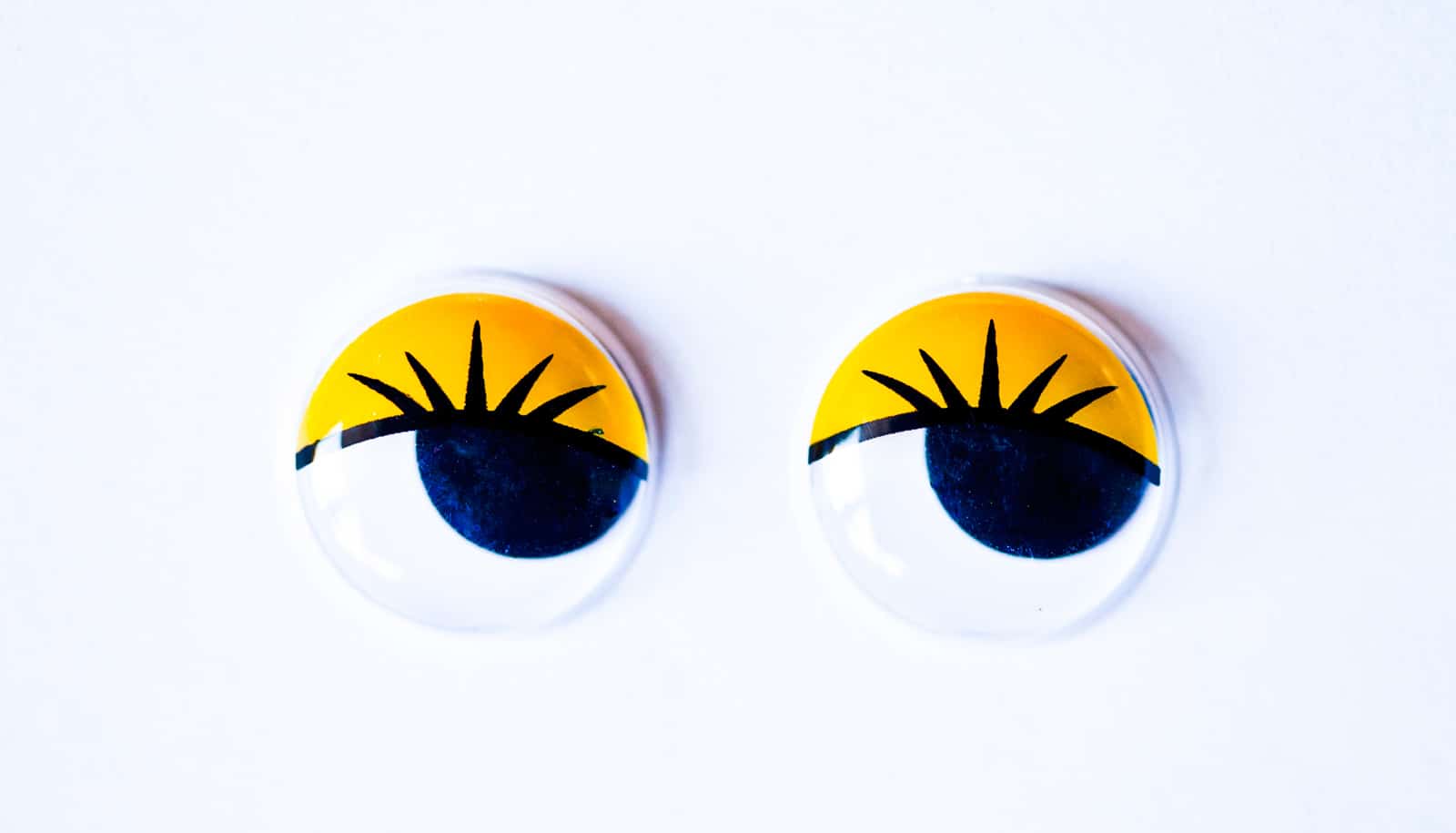We editors of Futurity are always curious to see which stories get a lot of traction with readers. The most popular stories aren’t always the ones we expect.
Sometimes, a story gets popular weeks, months, or even years after we post it (for example, this one). And some stories spark our curiosity but just don’t get the attention we think they deserve. Here are 12 such stories by the month when they appeared on the site:
January: Positive aging enhances sex lives
“…thinking positively about the way you age can also lead to a healthy sex life,” says Hanamori Skoblow of the University of Missouri.
February: Why child abuse declined in spring 2020
“When parents’ own problems and stresses have already pushed them to the edge, they cannot handle these normal problems and difficulties of raising children,” says Tufts University physician Robert Sege. “We think that during the pandemic families were given enough support that they never got to that edge.”
March: How long until uterus transplants for trans women?
“There isn’t an ethical reason why they should be denied access to the procedure,” says obstetrician-gynecologist Jacques Balayla of McGill University.

April: Most math textbooks get a failing grade
“How can we expect kids to have a sense of if they’ll ever use math in the real world, or gain any experience in doing it, if we don’t give them any opportunities to learn?” asks William H. Schmidt of Michigan State University.
May: Sunscreen on tourists poisons corals
Up to 6,000 tons of sunscreen—more than the weight of 50 blue whales—wash through United States reef areas every year. This Stanford University research clarifies its impact.
June: This mastodon migrated each year before dying in battle
“The growth and development of the animal, as well as its history of changing land use and changing behavior—all of that history is captured and recorded in the structure and composition of the tusk,” says University of Michigan paleontologist Daniel Fisher.
July: Wild turtles age slowly. Some basically don’t age at all
“When a species exhibits negligible senescence (deterioration), aging just doesn’t happen,” explains David Miller of Penn State.

August: Hiding small stuff from your partner may be a good thing
These findings from Duke University suggest an upside of “secret consumer behavior.”
September: Today’s public health crises are just the beginning
“I hate to be the bearer of bad news, but I think we’re just getting started with what Mother Nature is going to be throwing at us,” says virologist and immunologist Matt Koci of North Carolina State University.
October: Vredefort crater asteroid was bigger than the one that killed off dinosaurs
“Unlike the Chicxulub impact, the Vredefort impact did not leave a record of mass extinction or forest fires…” says Miki Nakajima of the University of Rochester.
November: Get the rich, not the poor, to live sustainably
To alleviate poverty while also protecting the environment, we must “reallocate consumption,” says Diana Liverman of the University of Arizona.
December: 94% of ‘natural’ skin products contain an allergen
“…rather than looking for products that are labeled as natural, clean, or organic, try to get products that are labeled as fragrance free or hypoallergenic,” advises Haiwen Gui of Stanford University.



